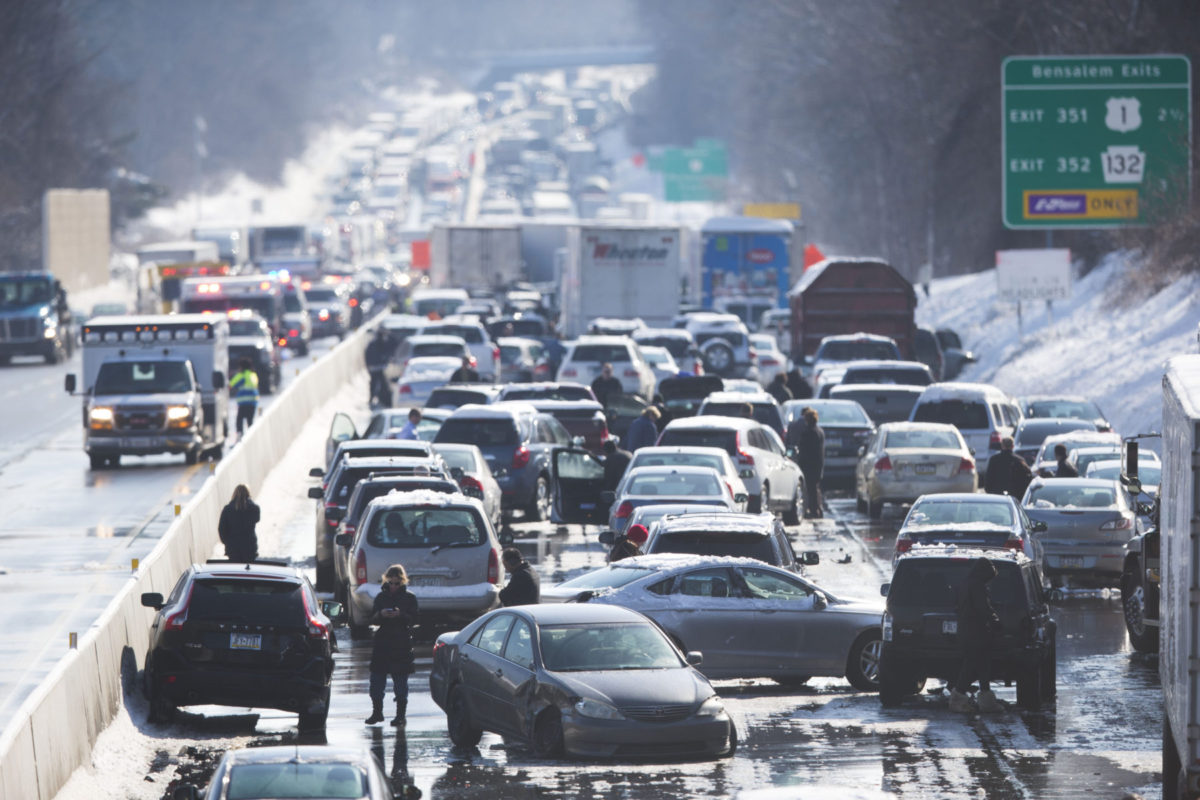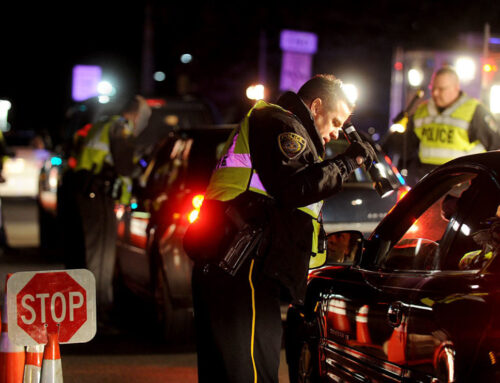By Adam D. Schmaelzle, Esq.
As most people already know, auto insurance is a requirement to operate a motor vehicle in Massachusetts. In 2006, Massachusetts created the Safe Driver Insurance Plan (SDIP), which is a system that was essentially designed to reward safe drivers, and punish reckless drivers. It basically works like this:
If a motorist becomes involved in a collision with another vehicle, an evaluation of the accident is made and a percentage of fault is assigned to each of the motorists. If one person is found to be 51% or more at fault, he or she will receive a surcharge notice, AND that person’s insurance company will have to cover all of the losses to other motorists who were affected by the accident. Conversely, if someone involved was determined to be less than 50% at fault, that individual’s insurance company will only be liable to other parties to the extent that they were not at fault. There are 19 standards of fault that are used to determine if a motorist is more than 50% at fault. (See link).
Chapter 175 § 113B of the Massachusetts General Laws sets out the rules for premium charges in connection with vehicle liability policies. (See link). If you are found to be at fault in an auto accident, your premium will likely go up according to 211 CMR 134.15. Under the statute, the Merit Rating Board will assign a point value known as a surcharge to your claim based on whether it was:
1. a major accident ~ a claim over $2,000 = 4 surcharge points
2. a minor accident ~ a claim between $500-$2,000 = 3 surcharge points
3. a major traffic law violation ~ Such as OUI = 5 surcharge points
4. a minor traffic law violation ~ Such as speeding = 2 Surcharge points
Every insurance company has filed individual rating factors with the Division of Insurance, which will determine the effect a surcharge will have on your premium. Therefore, the amount of the increase on your premium will vary by insurance companies. If you would like to know exactly what the surcharge would be under your policy, you can contact your insurance company.
If you received a surcharge notice, this means that an insurance company has “presumed” that you are at fault based on a comparison of the facts of your particular incident and those described in 211 CMR 74.00. (See link). For instance, if you are driving a car at night on a major roadway and you hit another car that was UNLAWFULLY parked in an area with poor visibility, it will be presumed that you are more than 50% at fault based on 211 CMR 74.04(01). It may seem completely unreasonable in this circumstance to be given a surcharge notice when you were driving as any sensible person would, however the facts line up with those described in the regulations, and therefore the insurance company is required to find you more than 50% at fault under M.G.L. c. 176D, § 2. (See link)
Luckily, the Massachusetts Court is the proper authority to determine fault in the event of an accident. As such, you can appeal a surcharge notice if you believe you should be less than 50% at fault. Your appeal must be filed within thirty (30) days of the date on your surcharge notice. Once your appeal is filed, you will be given a date for a hearing. At that hearing, you (or a personal representative) will be given an opportunity to explain the facts of your particular situation to a hearings officer. You can present evidence and even call witnesses to help prove your case. These hearings are public and considered informal, however they can be crucial. One study suggests that a Massachusetts driver who causes an accident and makes an insurance claim of more than $2,000 can expect a 67% increase in insurance premiums, which is one of the highest increases in the country. (See Link). Moreover, an at-fault accident can affect insurance premiums for up to 5 long years
It is worth mentioning that under the SDIP, drivers in Massachusetts receive discounts to their insurance premiums if they have been free from incident for 5 years or more. So although an appeal may seem like a burden, winning your clean drivers record back can make a huge difference.
Watch the roads and stay safe this winter!
If you have any questions, or feel as though a mistake was made, please feel free to contact Attorney Adam D. Schmaelzle at 774-314-9124
Links:
1. 19 Standards of fault
2. M.G.L. Chapter 175 section 113B
5. Costly premium jumps tied to at-fault accident claims: Boston Globe






